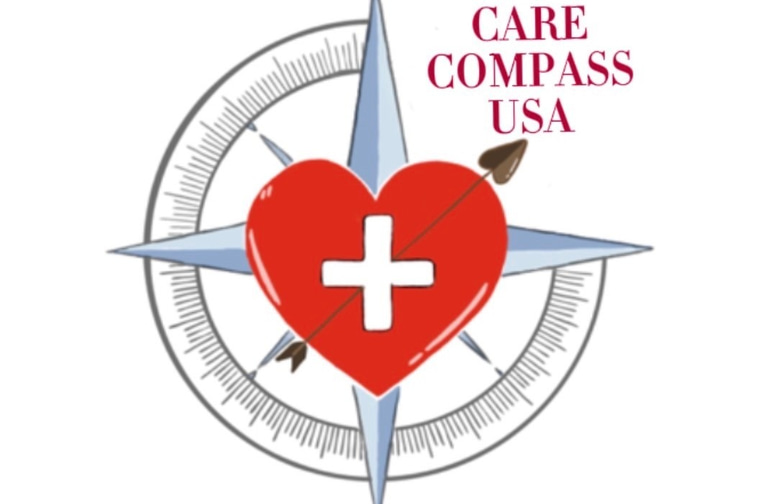Allergy
What is Allergy?
An allergy is an exaggerated immune system response to a substance that is typically harmless to most people. Allergies can range from minor irritations to a severe, life-threatening emergency called anaphylaxis.


Common Symptoms?
Widespread skin reactions: Hives (itchy, red welts) or a full-body rash.
Swelling: Especially of the face, lips, tongue, or throat (angioedema).
Asthma-like symptoms: Wheezing, coughing, chest tightness, or shortness of breath.
Fatigue: Feeling tired or unwell is common, especially with untreated allergies.
Nausea or vomiting: Common, particularly with food allergies.
Anaphylaxis: A life-threatening emergency requiring immediate medical attention. It can include a rapid, weak pulse; dizziness or fainting; a sudden drop in blood pressure; severe breathing difficulty; and a feeling of impending doom.
Prevalence and Age Distribution?
Allergy prevalence and distribution vary with age, with children often affected by food allergies and eczema, while seasonal allergies (hay fever) tend to increase in late childhood and continue into adulthood. Allergies can also develop for the first time in adulthood and even later in life due to changes in the immune system.
The above is for informational purposes only. For medical advice or diagnosis, consult a professional.
